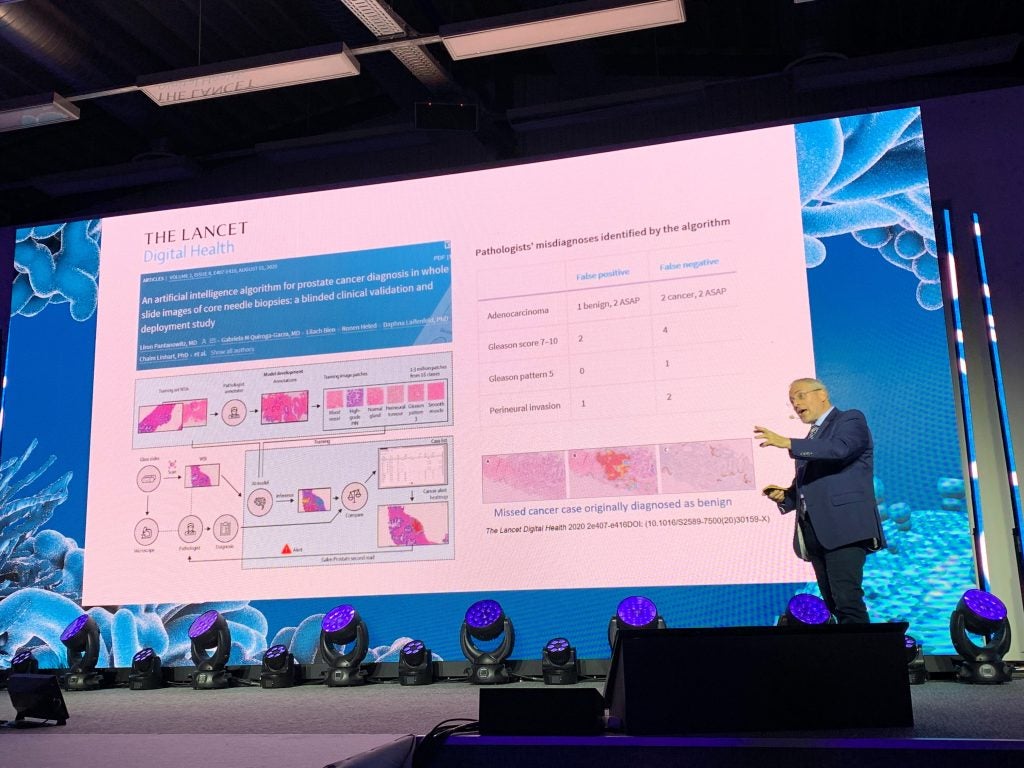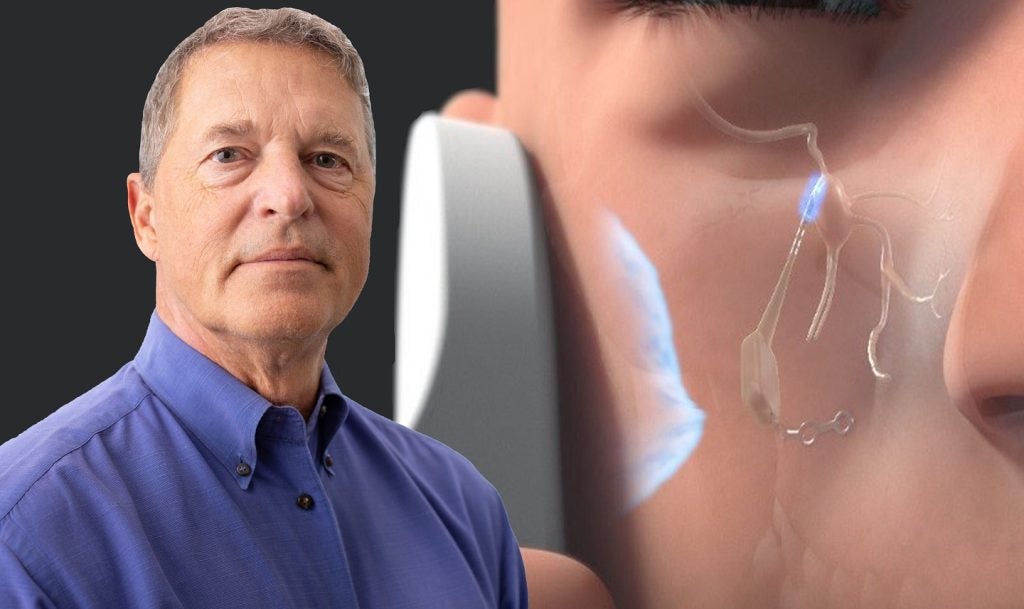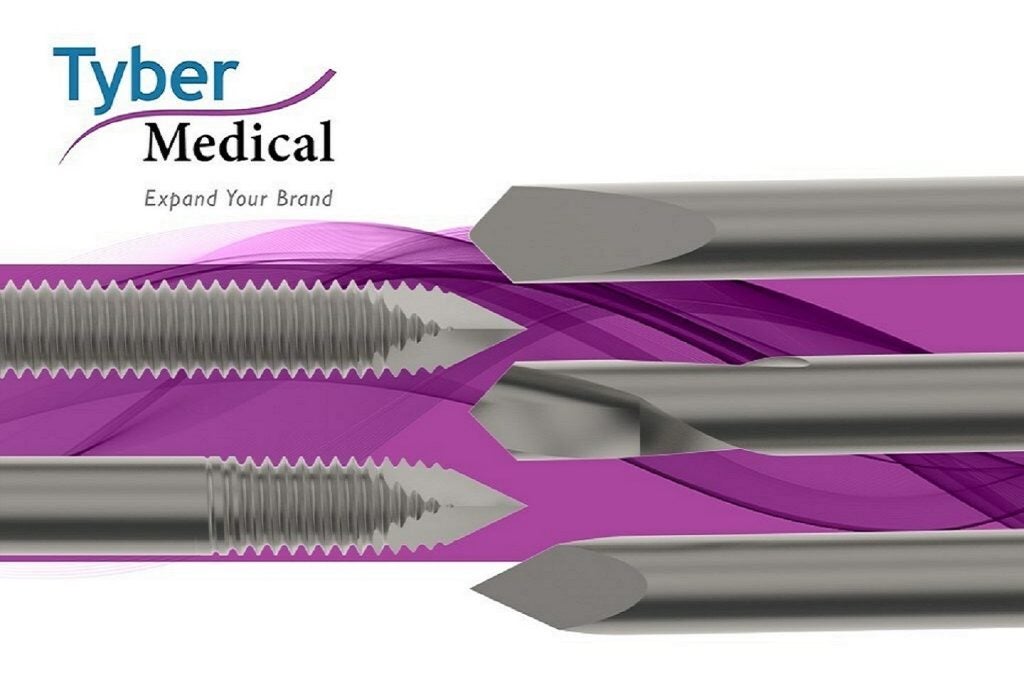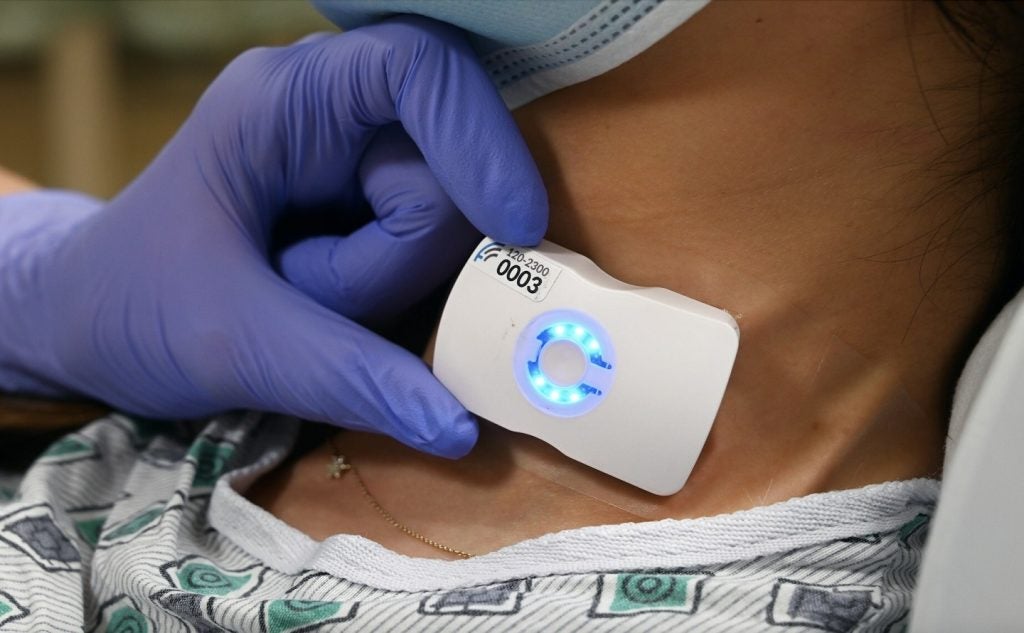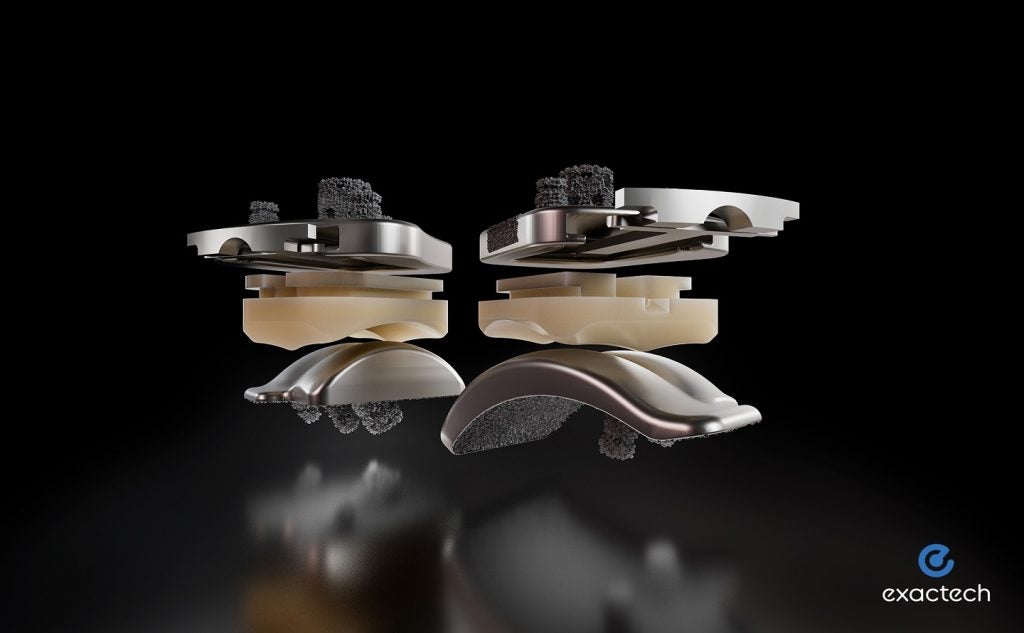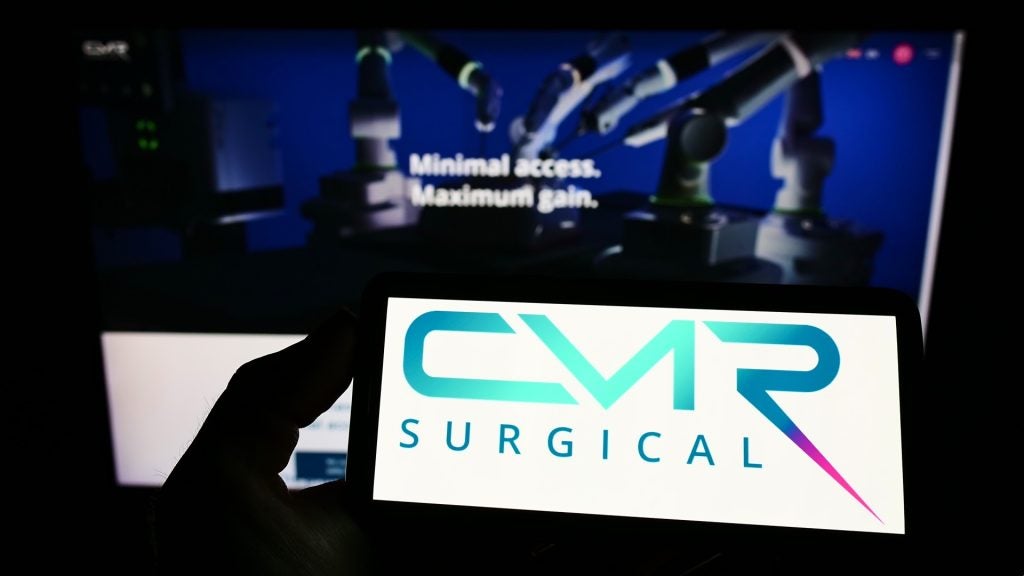Artificial intelligence should be used to help pathologists in their day-to-day activities rather than replace them, said Liron Pantanowitz, chair and professor of pathology at the University of Pittsburgh.
Pantanowitz was speaking at Life Sciences Baltics 2023 on the feasibility of artificial intelligence for pathology clinical practice.
Digital pathology is transforming disease diagnosis, with histological slides now able to be viewed across hospital networks. Another benefit is the ability to implement software – such as artificial intelligence – to highlight pathological areas of interest on the slide.
Pantanowitz said that the benefits of AI in pathology workflows are evident, especially set against the backdrop of increasing workloads and a global shortage of pathologists.
AI can automate simple tasks, screen for rare events, and suggest diagnosis and prognosis, all whilst going over large datasets. The result is that AI leads to more accurate results with fewer errors.
But Pantanowitz was keen to highlight that AI should not replace pathologists. He added that AI plus pathologists is the optimal solution as opposed to pathologists alone.
Whilst AI-powered digital pathology platforms are starting to be rolled out, Pantanowitz highlighted several challenges to the technology’s widespread adoption. There are issues of reimbursement, and ethical concerns over using patients’ datasets to continually improve the algorithms. Pantanowitz also added that further evidence is still needed before recommendations are made.
Cancer diagnosis is an area touted as receiving great benefit from AI-powered software, which can identify a cancerous area and indicate its cellular borders via heat maps.
GlobalData medical analyst Selena Yu comments: “With ground-breaking devices in the pipeline, GlobalData predicts that in the next decade more in-vitro diagnostics manufacturers will adopt AI tech into their devices to improve diagnostic and treatment predictions and oncologists’ workflow. Therefore, more individuals will receive life-saving interventions in earlier stages of cancer and treatments that have been shown to be the most effective by AI.”
The Life Sciences Baltics conference in Vilnius, Lithuania began on the 21 September and will close today.


